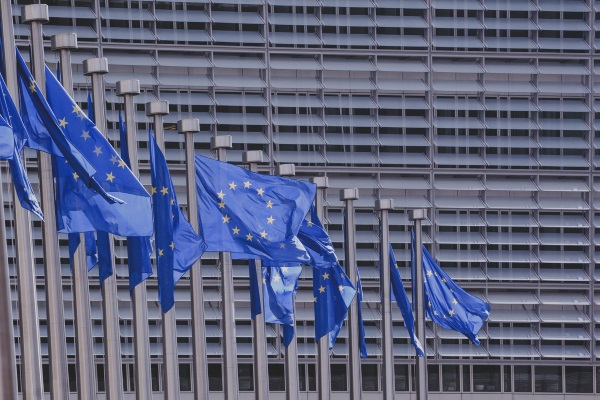
An EU committee has branded regulations on counterfeiting and piracy as "antiquated" and not fit for fighting the illicit trade in the region.
The European Economic and Social Committee (EESC), which held a hearing last week on the topic involving a number of industry experts, claims the imports of fake goods have doubled worldwide within the past decade as a result of increasing digital trade. It said it was "high time" for Europe's regulations to "also arrive in the 21st century", and called for a new legal framework to ensure the necessary controls and market surveillance is in place to protect legitimate industries.
The committee also called for better co-operation between private and public sectors to help win the fight against counterfeiting and piracy.
Antonello Pezzini, rapporteur of the ongoing EESC own-initiative opinion on the topic, accused the European Commission of failing to come up with a robust legal framework and said Europe was being stymied on fighting illicit trade and could not act further "with the tools of the 20th century".
This was echoed by Jean Cassegrain, director general of French luxury brand Longchamp, which invests 0.5 per cent of its annual turnover in fighting counterfeits. "Despite these huge investments, we cannot solve the problem without the necessary legal framework," he said, calling for modern EU legislation adapted to the internet age.
Cassegrain said the company had deleted 472 Google pages, 2,835 Facebook accounts and 8,626 advertisements that pertained to counterfeits in 2016, which highlighted the extent of the problem the industry was facing.
He also called for increased accountability of third party service providers such as e-commerce sites and shipping and logistics firms.
According to the hearing, the global counterfeit and pirated products industry accounts for up to 2.5 per cent of global trade, about $461bn, which is equivalent to the Gross Domestic Product of Austria. This was up from $200bn in 2005.
An EU analysis found that, in 2013, imports of counterfeit and pirated products accounted for around 5 per cent of imports to the region, worth about €85bn.
The internet and social media has given counterfeiters new avenues for targeting consumers, as well as relative anonymity. Furthermore, small consignments of fake goods via the post, which are easier to fly under the authorities' radar, has increased.
The hearing heard how counterfeit goods were threatening jobs and growth in the region, as well as Europeans' security and health.
In the clothing industry, for instance, fake products account for almost 10 per cent of the sector's turnover, amounting to €26.3bn, with an impact of more than 500,000 job losses and €8.1bn lost in government tax revenues. The leather industry, in particular, continued its call for the strengthening of regulation and rules on leather and leather products.
Meanwhile, the construction sector sought improved traceability measures for products, as well as quality controls and tougher sanctions.
The toy and pharmaceutical industries also discussed their concerns and the effect of counterfeits.
The findings from the hearing will be included in the EESC's opinion on the topic, with the final opinion and recommendations transmitted to the European Institutions for consideration.
©
SecuringIndustry.com
 | back to top
| back to top






